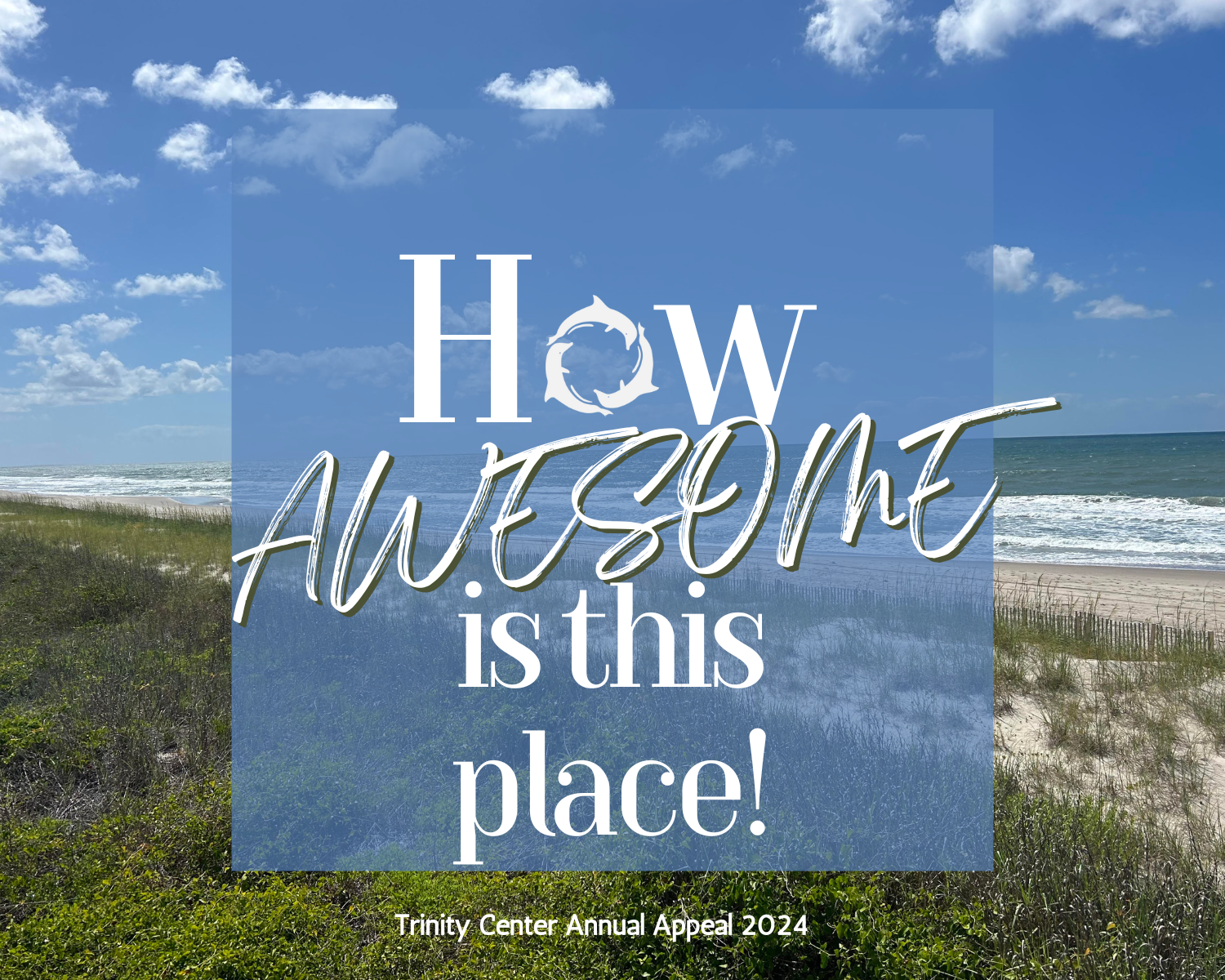Classes
Barrier Island Ecology:
Students are introduced to the five habitats (beach/ocean, maritime forest, freshwater pond, salt marsh, and sound/estuary), geological history, basic ecological concepts and general habitat study skills that are reinforced throughout the entire program.
Sound to Sea instructors encourage exploration and present various ecological concepts (such as habitats, cycles, communities, populations, species, food webs, decomposition, etc.) as students discover concrete evidence that relates to that concept. Barrier Island Ecology demonstrates Sound to Sea's habitat-based curricula, allowing students to analyze conditions within each habitat and compare them.
Sound/Salt Marsh:
By getting into the sound and using dip nets, cast nets and/ or sein nets students will focus on the concept of the sound and salt marsh as the nursery of the ocean. They will learn about the adaptations of fish, crabs, and various plants that live in the salt marsh. They will find out about the importance of water quality to the sound and salt marsh and learn to do a simple water quality test.
Beach/Ocean:
Students will learn about barrier island formation and movement and that beach erosion is a natural part of that process. They will learn about the adaptations of various animals that live in the subtidal, intertidal and supratidal zones of the beach.
Freshwater Pond:
Students will learn about the importance and rarity of clean, fresh water. They will learn about pond succession and the amazing qualities of the plants and animals that live in and around the pond.
Maritime Forest:
Students will learn about the importance of the maritime forest to the various animals that live there. They will learn about the anatomy and adaptations of a maritime forest tree. They will learn about medicinal plants, and perhaps have the chance to sample some wild edibles.
Dissection:
Students will focus on the anatomy and physiology of one of our Bogue Sound residents by dissecting either a squid or a fish. In addition we also offer Comparative Anatomy Dissection which compares plant and animal anatomy and physiology.
Challenge Course:
The environmental study becomes complete by exploring the human community with our professionally-designed Challenge Course. With trained staff as facilitators, students discover how to function as a group by employing creative problem-solving techniques. Groups meet unforgettable physical challenges by working together, by depending on each other, and by recognizing each group member's unique contributions. These group-building skills travel back to school to strengthen the classroom community.
Register Now for the 2023 - 2024 Season
REGISTRATION & PLANNING CONTACT US
